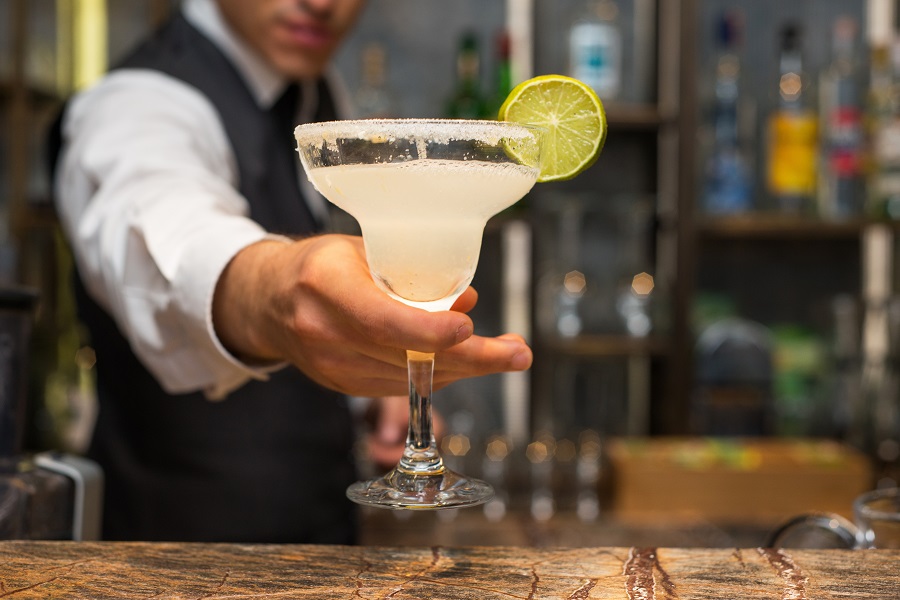
Explore Organic Tequila Myths And Facts, Debunking Misconceptions And Clarifying Its True Essence
Explore Organic Tequila Myths And Facts, Debunking Misconceptions And Clarifying Its True Essence
Tequila, the iconic Mexican spirit, has a rich and storied history, but it’s also surrounded by its fair share of myths and misconceptions. Many people have heard tales of wild nights, worm-infested bottles, and nasty hangovers associated with tequila, but it’s time to set the record straight. In this blog, we will explore some common organic tequila myths and facts that help you better understand and appreciate this beloved beverage.
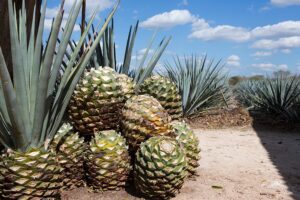
Myth 2: Tequila Contains a Worm– Many people associate tequila with the idea of a worm at the bottom of the bottle. This myth likely stems from the tradition of adding a “worm” or gusano to certain bottles of mezcal, not tequila. Mezcal is a different distilled spirit produced in Mexico, also from agave plants, and some varieties include a larva from the Hypopta agavis moth, not a worm. In contrast, tequila bottles do not contain worms or any other creepy crawlies. If you come across a bottle of tequila with a worm inside, it’s either a marketing gimmick or a different spirit altogether. High quality organic tequila does not have worms, and it’s an important distinction to make.
Myth 3: Tequila Always Leads to a Hangover– Tequila often gets a bad rap for causing terrible hangovers, but this myth is not entirely accurate. Like any alcoholic beverage, excessive consumption of tequila can lead to a hangover, but responsible drinking is key to avoiding this unpleasant experience. In fact, tequila made from 100% agave, like AgaveLuz Organic Tequila, is often considered a better choice if you want to reduce the risk of a hangover. Lower-quality tequilas, which contain a mix of agave and other sugars, may be more likely to cause hangovers due to the impurities in the distillation process. High quality organic tequila, on the other hand, can be enjoyed in moderation without the same risk of hangovers.
Myth 4: Tequila Must Be Consumed as Shots- Tequila shots are undoubtedly a popular way to enjoy the spirit, but it’s not the only or even the most traditional way to savor its flavors. There’s a rich culture surrounding tequila in Mexico, and it’s often sipped slowly and appreciated like a fine wine or whiskey. Premium tequilas are designed to be savored, not slammed back in a single gulp.
Tequila can be enjoyed in a variety of ways, including neat, on the rocks, or in cocktails like the classic Margarita or Paloma. The key is to find the method that suits your taste and allows you to appreciate the unique flavors and aromas of the tequila.
Myth 5: Tequila is Only Good for Margaritas- While Margaritas are undoubtedly a beloved cocktail, and tequila is a crucial component in its creation, it’s essential to recognize that tequila is a versatile spirit that can be used in a wide range of cocktails and even enjoyed on its own. You can explore the world of organic tequila cocktails, from the spicy kick of an Organic Tequila Sunrise to the smoky complexity of an Organic Tequila Old Fashioned. Moreover, premium tequilas can be sipped like fine Scotch or bourbon, allowing you to appreciate the unique terroir, aging process, and flavors that come with each bottle. Tequila’s versatility goes far beyond the Margarita, and it’s worth exploring the many ways to enjoy it.
Fact: Tequila is a Distinct Mexican Spirit with a Rich History– Tequila is more than just a drink; it’s a part of Mexican culture and heritage. True tequila is made in specific regions of Mexico, primarily in Jalisco, where the climate, volcanic soil, and altitude create the ideal conditions for growing agave. The history of tequila production dates back centuries, with traditional methods passed down through generations.
Brands like AgaveLuz Organic Tequila, stick to tradition, producing tequila in a meticulous and regulated process, from harvesting the agave to distillation and aging. There are several types of tequila, including Blanco (unaged), Reposado (aged for a few months), Añejo (aged for at least one year), and Extra Añejo (aged for over three years). Each type offers a unique flavor profile, making tequila a spirit with depth and complexity. Uncover organic tequila myths and facts.
Organic Tequila is a misunderstood spirit with many myths and misconceptions surrounding it. Understanding the facts about tequila’s production, varieties, and consumption can help you appreciate this Mexican treasure even more. Whether you choose to sip it straight, enjoy it in a cocktail, or explore the world of tequila pairings, there’s so much to discover about this iconic beverage. So, raise your glass to the agave plant and the craftsmanship that goes into every bottle of tequila, and toast to the rich culture and history it represents. Cheers to Organic Tequila Myths and Facts: Where Every Sip Tells a Story!
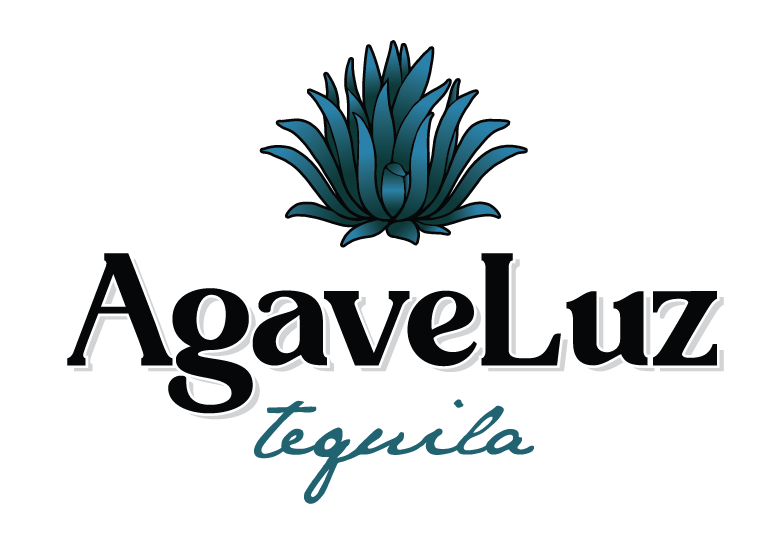
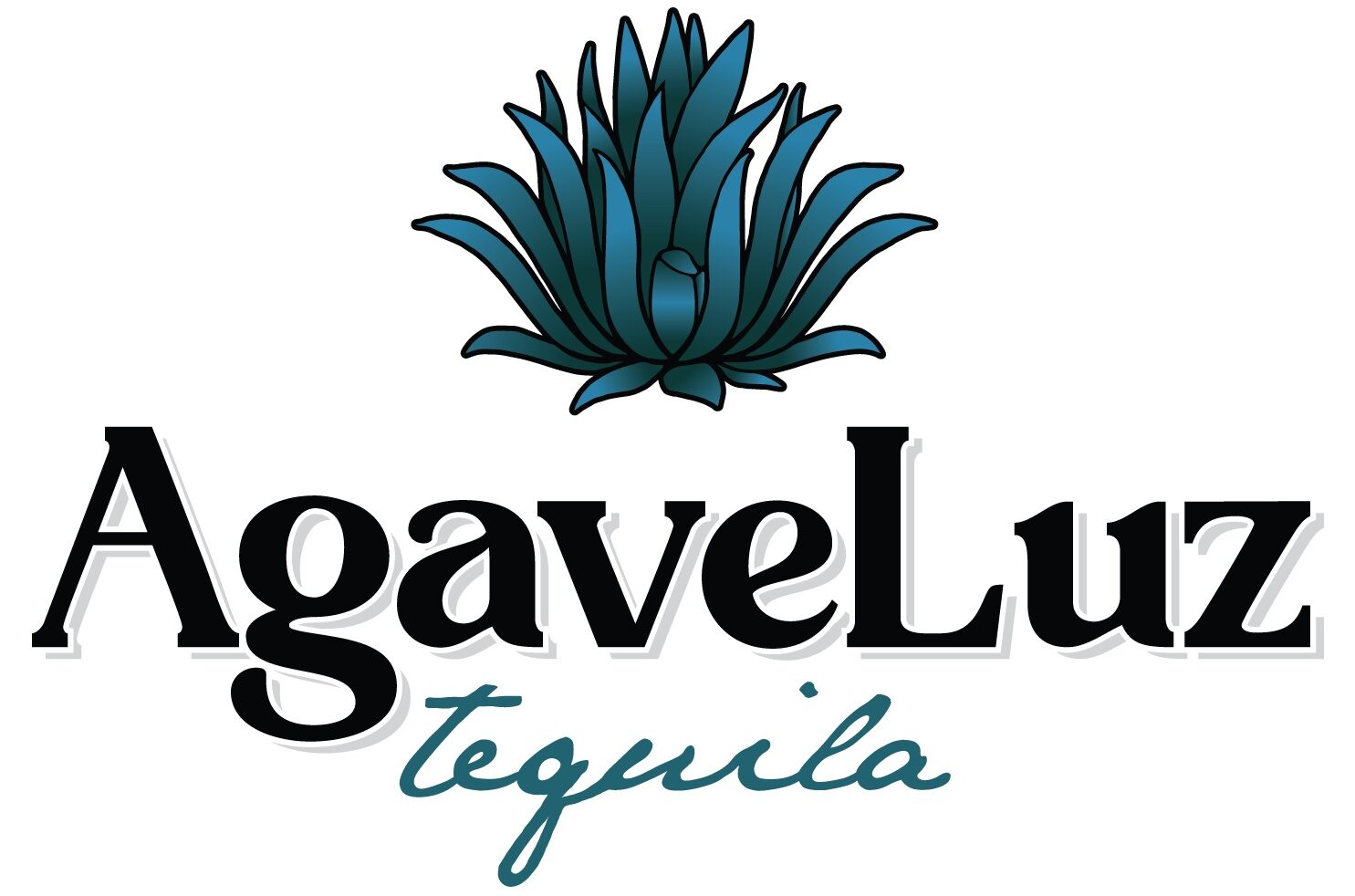


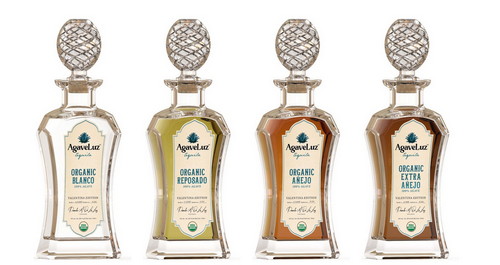















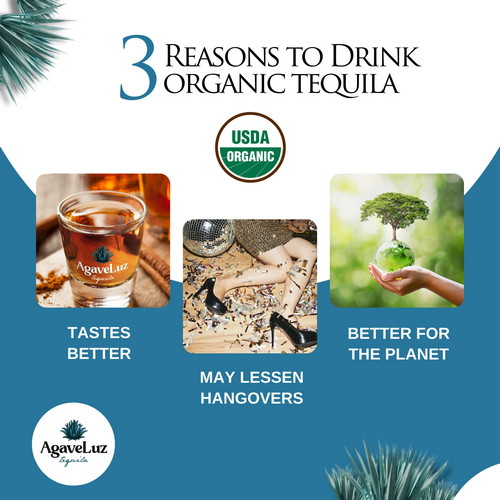
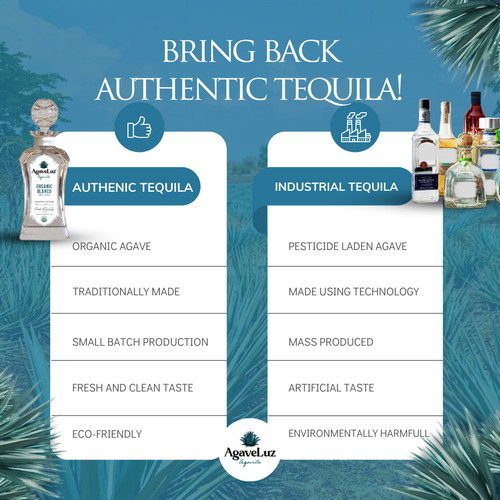

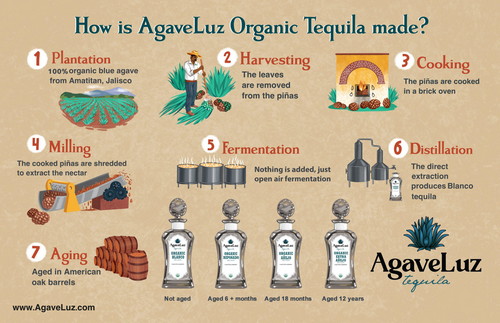


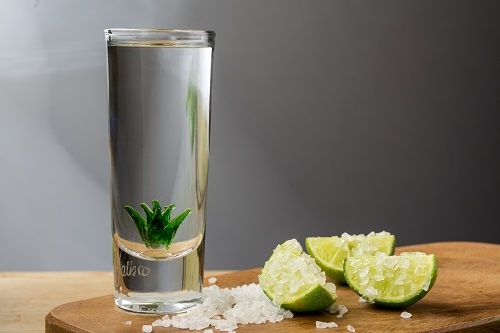
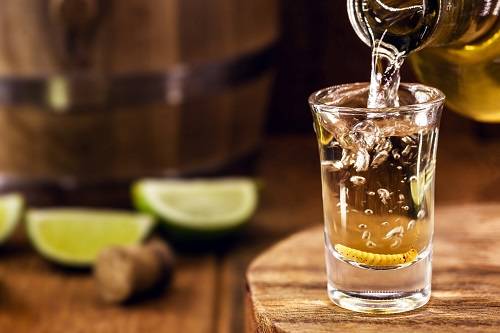


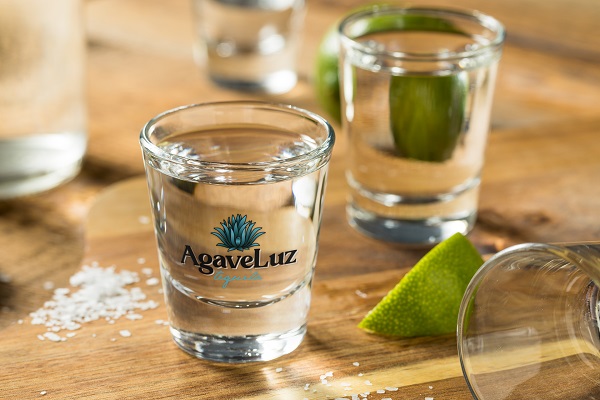

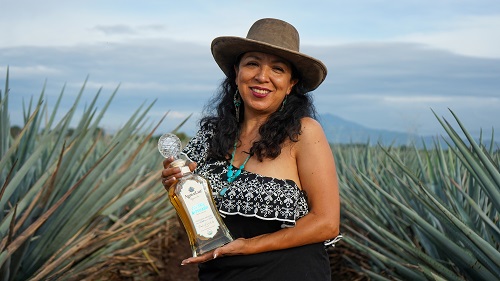


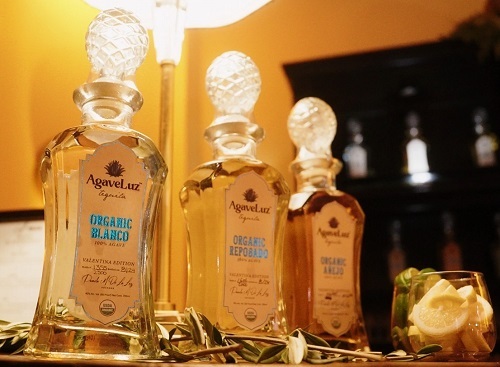



Post a Comment